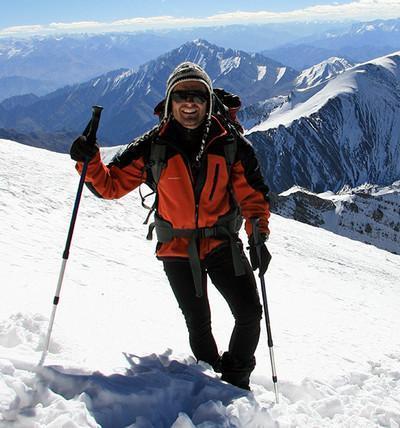You may be wondering if you can go skiing while pregnant. Here are some important tips to keep in mind. Before you go skiing, you should read snow reports and ski videos. Read about the risks, such as altitude sickness and miscarriage. You should also learn how to take breaks and stay hydrated.
High Altitude
There is little scientific evidence that the pregnant body is able to adapt to high altitude skiing. Although sherpas have similar blood oxygen levels before and after pregnancy, the results from this study are not conclusive. Pregnancy at high altitudes is associated with a greater risk of premature delivery and low birth weight. The pregnant body's oxygen demands are amplified by high altitude, a fact that may cause fetal distress.
Traveling to high altitudes can raise or lower blood pressure, so pregnant women should check with their doctors before taking off. However, traveling up to 8,000 feet is generally considered safe if the mother is otherwise healthy.
Miscarriage Risk
There are many risks associated with skiing and pregnancy, and there are a number of precautions that pregnant women should take to minimize the risk. Pregnant women should stay off deli meats and soft cheese, and they should avoid skiing while pregnant. Some women also avoid riding bicycles or cat boxes while skiing. If you're unsure about whether or not skiing will increase your risk of miscarriage, consult your doctor first.
One of the biggest risks during pregnancy is miscarriage. Although the causes are unknown, some doctors believe that obesity can increase the risk. Women with a BMI of 30 or greater are at a higher risk for miscarriage. You can calculate your BMI by using a healthy weight calculator or by consulting your doctor or midwife.
Burnout
If you're considering skiing while pregnant, there are a few things to keep in mind. The first thing is to know your own physical limits. It's important to avoid overheating, excessive thirst, and pain, which are all symptoms of pregnancy. In addition, you should try to avoid being nervous, sore, or otherwise uncomfortable.
One of the biggest risks of skiing while pregnant is miscarriage. Despite the fact that ski slopes are generally considered safe for pregnant women, you should still consult with your physician. This is especially true if you have any medical history. Also, you should avoid heavy or icy snow. Instead, you should consider cross country skiing or snowshoeing, which are less strenuous.
Altitude Sickness
If you're pregnant and planning on going skiing, it's important to be cautious. Pregnancy changes your center of gravity and can throw your balance off. To prevent injury, avoid bumps and crowds, and avoid pushing yourself to exhaustion. You also should keep your body as cool as possible by soaking up sunlight and fresh air. The cold mountain air is good for the uterus, and can help relieve morning sickness.
While skiing is generally safe for pregnant women, you should take it slow and pay attention to your body's signals. If you feel tired or dizzy, you shouldn't push yourself. Instead, make sure you take frequent breaks to rest. If you're concerned about your health, consult with your doctor or midwife before hitting the slopes. They will advise you on what is safe for you and your baby. They can also give you specific information about what to expect on the slopes.
Falling While Skiing
If you're pregnant and skiing, you're at a higher risk of falling than usual. The pregnancy will cause changes in the center of gravity, which can interfere with balance. Additionally, the baby's growth will reduce the layer of protection inside your abdomen. These changes can cause uterine rupture or premature labor, and a fall could result in serious medical complications. Taking measures to protect yourself and your baby during pregnancy can help prevent the risks.
Skiing isn't necessarily unsafe for a pregnant woman, but there are some risks. Falling while skiing can cause the uterus to rupture, which could end your pregnancy. You should take into consideration your skiing ability, as well as the conditions where you plan to ski. If you want to do some safer workouts during pregnancy, read about the benefits of exercising during pregnancy.
Altitude Sickness During Pregnancy
Pregnant women may experience a little difficulty acclimating to high altitudes during a skiing trip, and need extra time to acclimate. They should also avoid high altitudes if they have gestational hypertension. They should also try not to think of themselves as competitors and instead focus on enjoying the exercise.
While there is limited information on high-altitude sickness during pregnancy, there are a number of precautions to take to reduce the risk to the mother and the baby. One of the most important precautions is to drink plenty of water. The dry environment at high altitudes increases the need for water. Don't forget to check our tips about skiing while pregnant.





